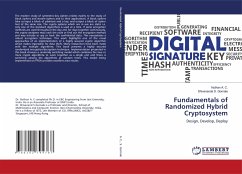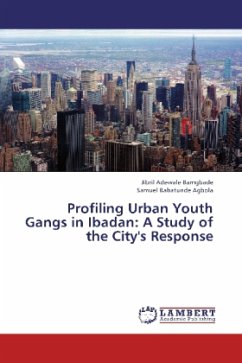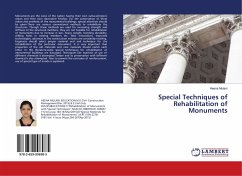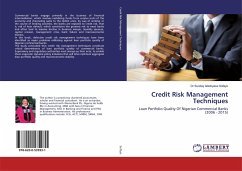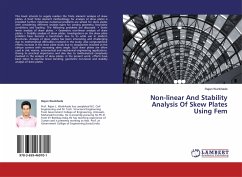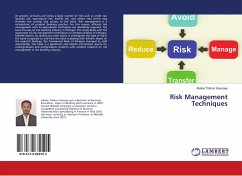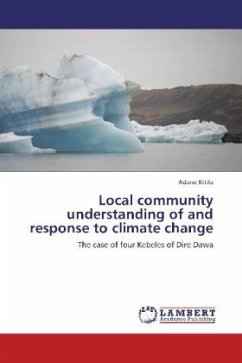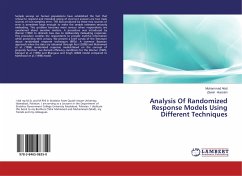
Analysis Of Randomized Response Models Using Different Techniques
Versandkostenfrei!
Versandfertig in 6-10 Tagen
32,99 €
inkl. MwSt.

PAYBACK Punkte
16 °P sammeln!
Sample surveys on human populations have established the fact that refusal to respond and intended giving of incorrect answers are two main sources of non-sampling error. The bias produced by these two sources of error is sometimes large enough to make the sample estimates seriously misleading. This problem becomes more serious when respondents are questioned about sensitive matters. A procedure was introduced by Warner (1965) to diminish bias due to deliberately misleading responses. This procedure enables the respondents to provide truthful information while protecting their privacy. We pres...
Sample surveys on human populations have established the fact that refusal to respond and intended giving of incorrect answers are two main sources of non-sampling error. The bias produced by these two sources of error is sometimes large enough to make the sample estimates seriously misleading. This problem becomes more serious when respondents are questioned about sensitive matters. A procedure was introduced by Warner (1965) to diminish bias due to deliberately misleading responses. This procedure enables the respondents to provide truthful information while protecting their privacy. We present a brief survey of the literature about randomized response techniques (RRTs). A common Bayesian approach when the data are obtained through Perri (2008) and Mahmmod et al. (1998) randomized response models.Based on the concept of jeopardy function, we derived efficiency conditions for the Warner (1965), Mangat et al. (1995) and Bhargava and Singh (2000) model compared to Mahmood et al. (1998) model.




